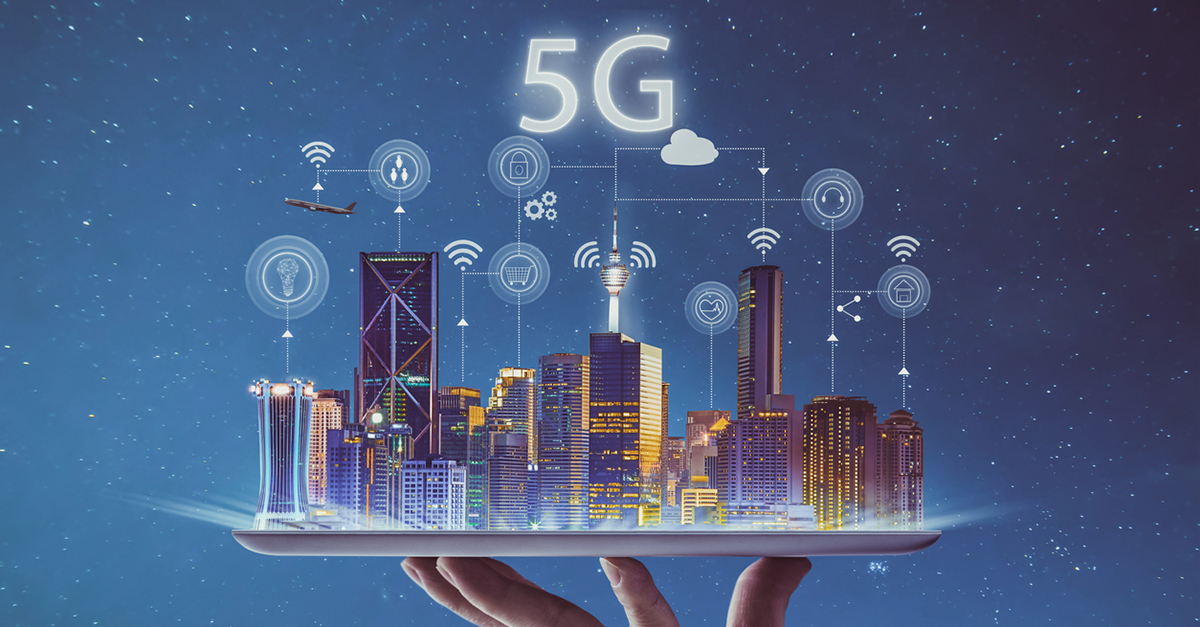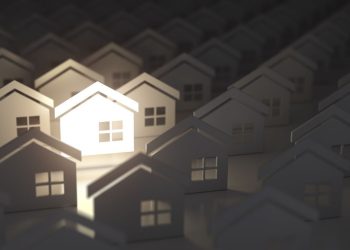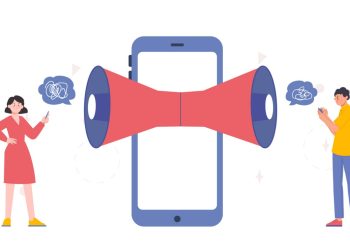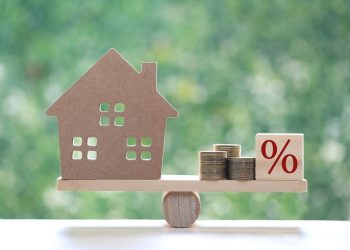Changes in 5G technology might be impacting consumers and homeowners in the coming years. According to the Federal Communications Commission (FCC), the U.S. is moving swiftly to a next generation of wireless connectivity. These new networks and technologies will enable faster speeds and low-latency wireless broadband services, cultivating the Internet of Things (IOT) and innovations not yet imagined, the agency reports.
Verizon, one of the recognized global leaders in facilitating 5G technology, tells consumers that to understand 5G, it’s helpful to understand what came before it:
- Broadly, the first generation of mobile technology, 1G, was about voice. The ability to use a phone in a car, or anywhere else, really took root here.
- The advent of 2G introduced a short-messaging layer—pieces of which can still be seen in today’s texting features.
- The move to 3G provided the essential network speeds for smartphones.
- And 4G, with its blazing data-transfer rates, gave rise to many of the connected devices and services that we rely on and enjoy today.
Under FCC Chairman Ajit Pai, the agency is pursuing a comprehensive strategy to facilitate America’s superiority in 5G technology (the 5G FAST Plan). The chairman’s strategy includes three key components:
- Pushing more spectrum into the marketplace
- Updating infrastructure policy
- Modernizing outdated regulations
So how soon is this 5G tech going to hit home?
CNET.com posits that with all those connected locks, light switches and other smart household products fragmented both by software platforms and wireless communication standards, 5G seems like it has the potential to alleviate some of the confusion around smart-home connectivity—but their sources allude that power consumption challenges will limit various consumer and electronic devices accessing 5G tech to primarily those wired to robust power sources, like a home electrical system.
So while 5G wouldn’t be a good fit for battery-powered smart locks due to the power draw, beyond potentially streamlining at least some connectivity issues, some smart-home device makers do see 5G enabling improved performance. Stay tuned for more on the subject of 5G and its consumer/homeowner impact in future reports.
John Voket is a contributing editor to RISMedia.












